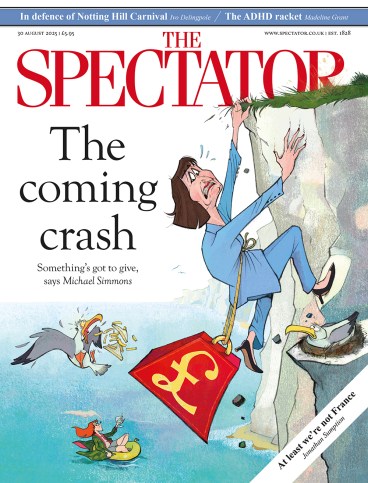
During lockdown, a friend and I moved into a flat that had a difficult relationship with the TV aerial. Ineptitude and laziness combined to ensure that the only channels we were able to watch were BBC ones via the iPlayer app. So most nights – if there was no live sport – we found that our entertainment was at the behest of the state broadcaster. And what a drag it was. Every time, we’d reject the populist crap on BBC1, the parochial crap on BBC2, the braindead crap on BBC3, the boring crap on BBC4, the insane crap on BBC News, the wrist-slashing crap on BBC Parliament. And then we’d get to the end of the nav bar, to see one option left, and my flatmate would put on a Scottish accent and say: ‘Alreet, what’s on Alba?’
The TaxPayers’ Alliance said football was being used as an excuse to milk the licence-fee payer for more money
And we’d watch for a little bit, slightly entranced. In those moments, BBC Alba did sort of feel like the TV Channel at the End of the Universe. Something to gawp at and order Chinese to. But it’s too easy for us non-Gaelic speakers to do that, to look at Alba and think ‘funny little channel’. I should try to understand it. My name’s Angus. What is it that Alba can tell us? What is it that Alba says? What is it that Alba knows?
The answer is: ‘Tha pàirt riatanach aige ann a bhith a’ toirt taic do chultar na Gàidhlig.’ In other words, Alba is very important for protecting and supporting Gaelic culture. It’s tempting to assume that the channel is a relic, something that the BBC has run for decades and has been too scared to axe in the budget cuts. BBC Alba is in fact a modern thing, given the go-ahead only in 2008. It persists because Gaelic persists. While it was spoken before English in these isles, now just 1 to 2 per cent of Scots speak it as their primary language. Fluency is going up among young people – curious – but still declining in its heartlands of the Highlands and Outer Hebrides.
It’s quirky that Alba was born in the New Labour years. It means the channel is a strange clash of moods: the aesthetics of modernisation meets a most pre-modern form of ethnolinguistic pride. Gaelic is a language that sounds, to English ears, strange, throaty, ancient, but when it’s delivered with the familiar sing-song intonation and swish sheen of BBC programming, the marriage is discordant, but cool. Watching Alba, as an English-speaker, is a more disorienting experience than watching French or Italian telly. The visuals on Alba are, predictably, of these isles: temperate deciduous woodland, kaleidoscopic range of grey skies, and pinched, wind-sculpted faces. Yet the language is not.
A typical day on Alba starts at 7 p.m., after two hours of children’s telly for the Gaelic youth. Last week, I enjoyed – although I watched with subtitles, like a weakling – the chaps on Seòid a’ Chidsin (‘The Kitchen Coves’) cooking some herring and rollmops. But better was Cathy MacDonald’s documentary Sar Sgeoil. The programme looked at George Orwell’s time on Jura, the isle on which he completed Nineteen Eighty-Four and wheezed with tuberculosis. Orwell was a fan of Gaelic, I learn from an academic with crazed eyes. Now, you might think that odd, he says, given that Orwell compared Scottish nationalism to Nazism. But – the academic’s eyes are positively fizzing now – he hated imperialism more! He understood Gaelic pride, as resistance to centuries of the English yoke, the academic said. The battle over who gets to claim Saint George takes place in Gaelic too, then.
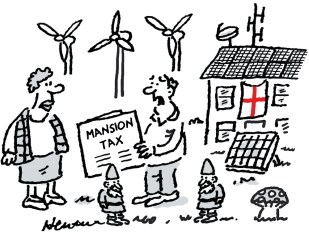
Alba has its critics. It’s been accused of ‘cheating’, by virtue of how much sport it shows. And it does show a lot of football, a lot of rugby, and a lot of ‘shinty’, a Highland sport similar to hockey. The Channel’s viewership – almost 650,000 adults a week – is about ten times the number of people who speak Gaelic. When it launched, the historian Michael Fry said it was all a ruse, since ‘you don’t need Gaelic to watch football’, and the TaxPayers’ Alliance said football was being used as an excuse to milk the licence-fee payer for more money. But I watch football regularly, and so I commend being able to see it without the braindead yap of the pundits.
Alba has a brilliance to it. As I watched it during lockdown, and as I returned to the channel for this piece, I felt quite a vertiginous sense of the history of these islands, and of a language that lives on despite the insistent march of modernisation. And I felt a kind of kinship with a culture whose blood – about a sixth of it – I am infected with. I should respect Gaelic more, I thought, with an albatross around my neck.

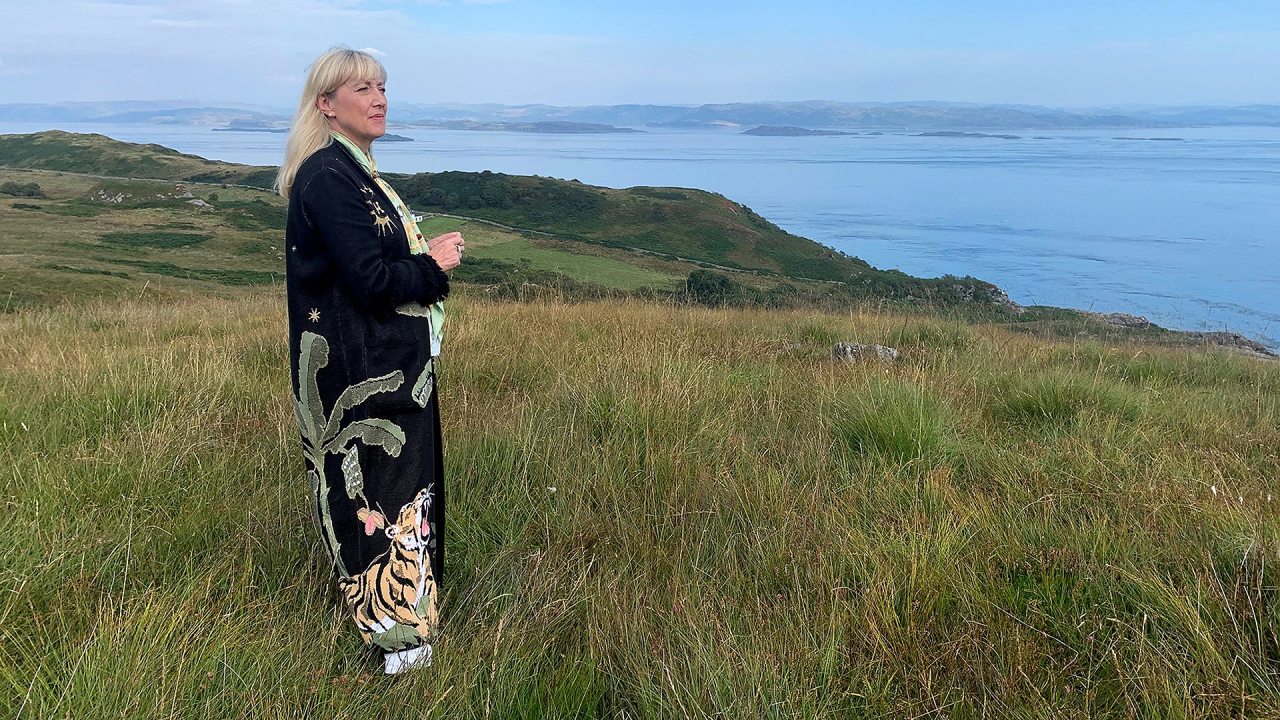

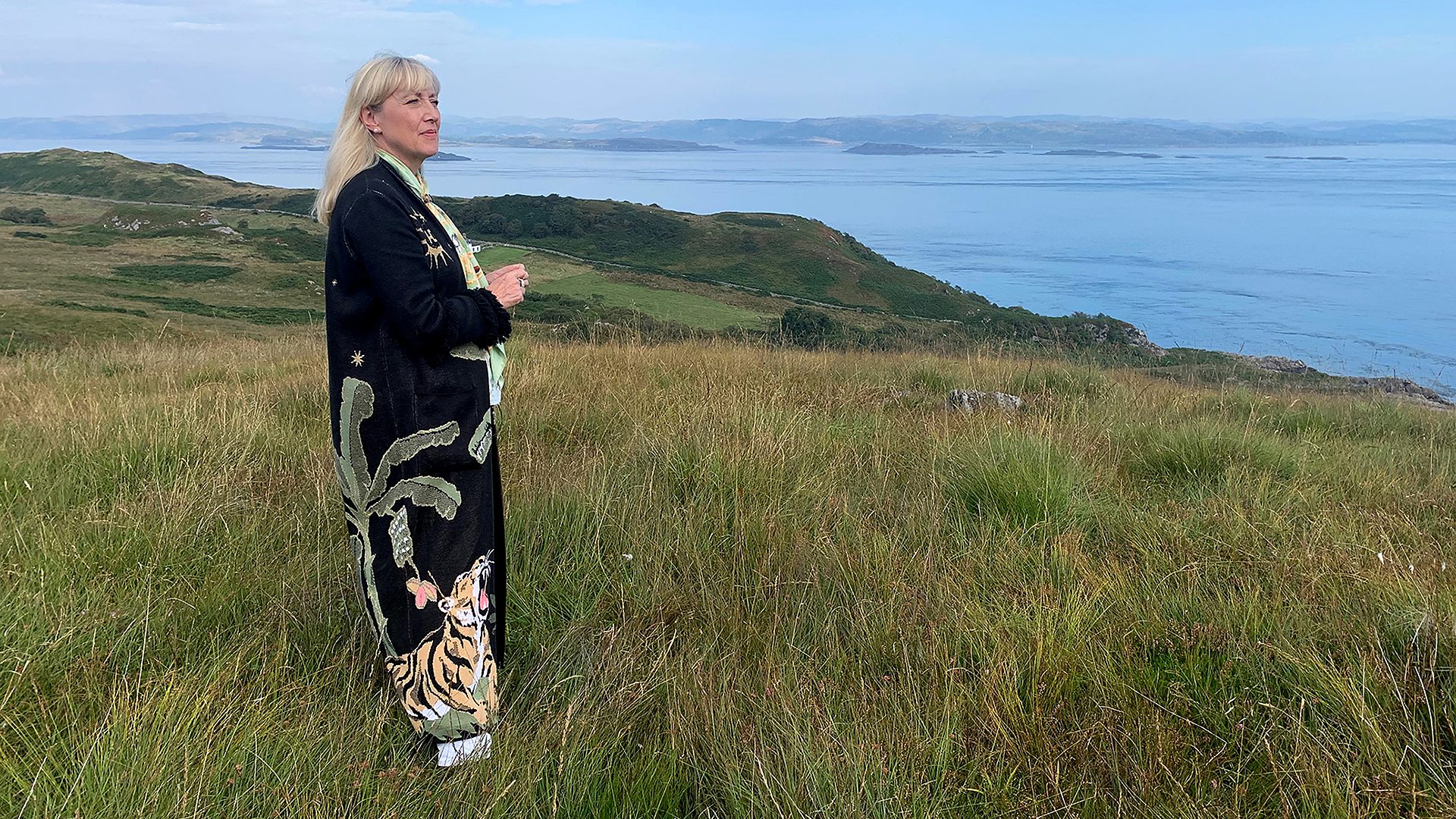
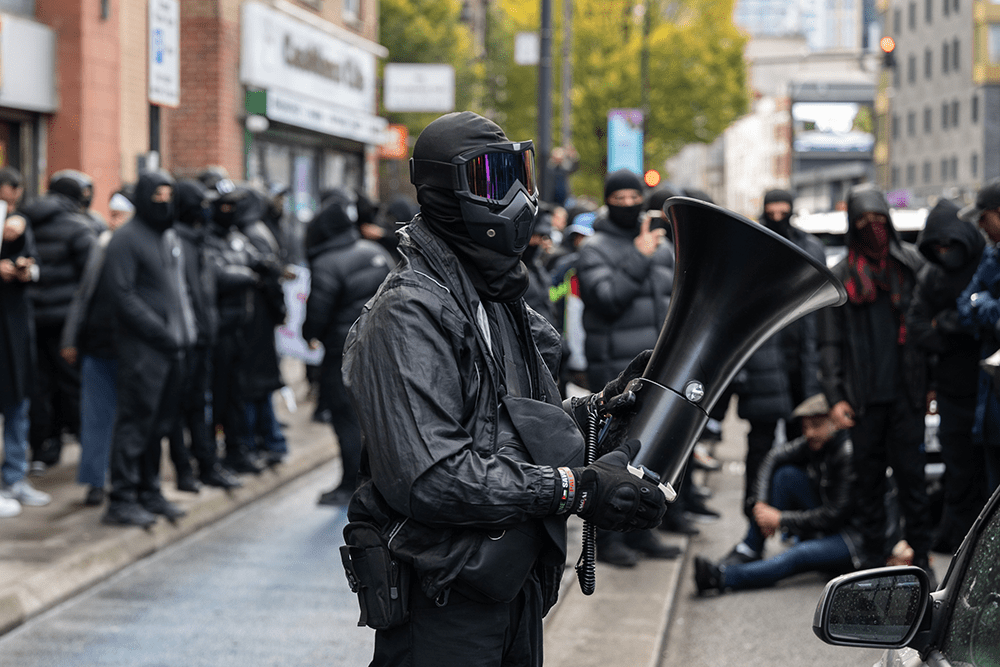
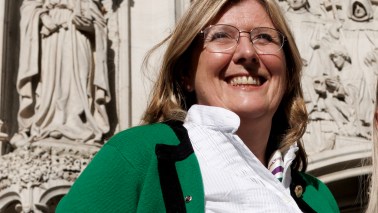



Comments